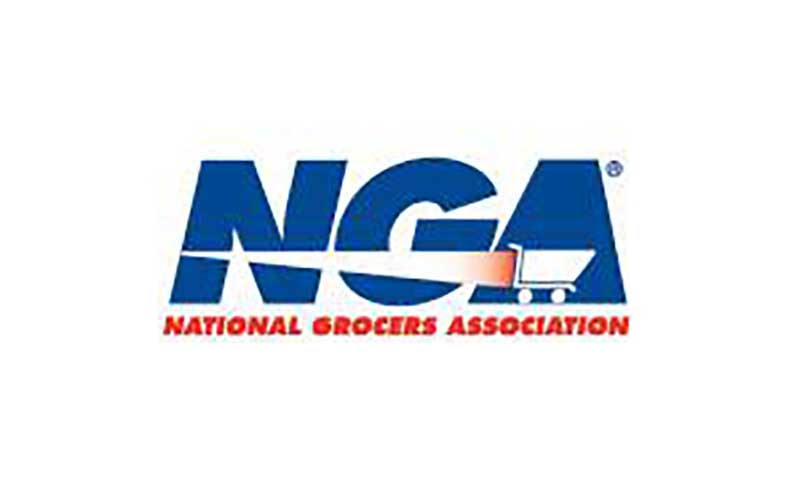The National Grocers Association has written a letter to the House Education and Labor Committee opposing the $15 minimum wage proposal included in its budget reconciliation package.
“NGA strongly opposes increasing the federal minimum wage to $15 per hour because it would harm small businesses and reduce food access in disadvantaged communities,” the association wrote in a letter to committee Chairman Robert C. “Bobby” Scott and Ranking Member Virginia A. Foxx.
“While we are willing to support an increase in the federal minimum wage, more than doubling the current hourly rate is impractical for a large portion of NGA’s members, many of whom are small, independent businesses serving lower cost of living geographic regions across the country,” wrote Chris Jones, NGA’s SVP of government relations and counsel. “In response to a drastic increase in the minimum wage, many independent supermarkets would struggle to compete or accelerate the pace of automation in their stores and create an unlevel playing field between large and small businesses.”
Complete text of the letter can be found here.
The committee ultimately approved the reconciliation package by a party-line vote. The measure will be merged into an expected $1.9 trillion economic rescue package, then will head to the full House for a vote. The legislation is expected to pass the House before being taken up by the Senate.
In anticipation of Senate action, yesterday NGA also led a meeting between West Virginia grocers and Sen. Joe Manchin’s (D-WV) legislative staff, urging the senator to oppose the $15 minimum wage. As a moderate Democratic senator from a conservative state, Manchin is seen as the potential lynchpin to Senate approval of a $15 federal minimum wage, given the slim Democratic majority.
Cason Edwards, co-owner of St. Mary’s Galaxy Food Center, and other NGA members joined the meeting, arguing that a one-size-fits-all federal wage would be devastating to states like West Virginia that have high rates of food insecurity and rely on independent grocers for food access.
As the federal minimum wage continues to be debated in Washington, NGA is urging Congress and the Biden administration to identify a more workable and realistic federal wage policy that allows independent supermarkets to continue to invest in their companies, employees and communities.
NGA is the national trade association representing the retail and wholesale grocers that comprise the independent sector of the food distribution industry. An independent retailer is a privately owned or controlled food retail company operating a variety of formats. The independent grocery sector is accountable for close to one percent of the nation’s overall economy and is responsible for generating $131 billion in sales, 944,000 jobs, $30 billion in wages and $27 billion in taxes. NGA members include retail and wholesale grocers, state grocers associations, as well as manufacturers and service suppliers.

